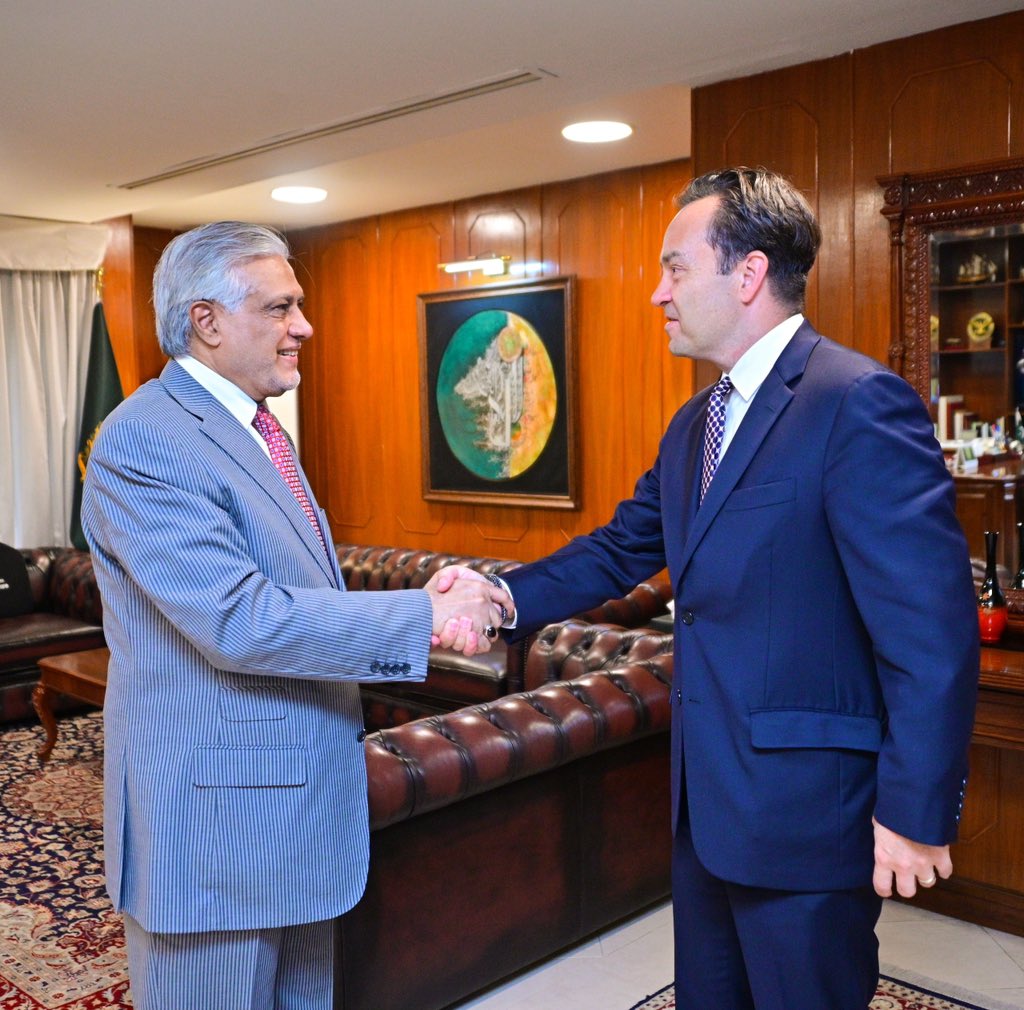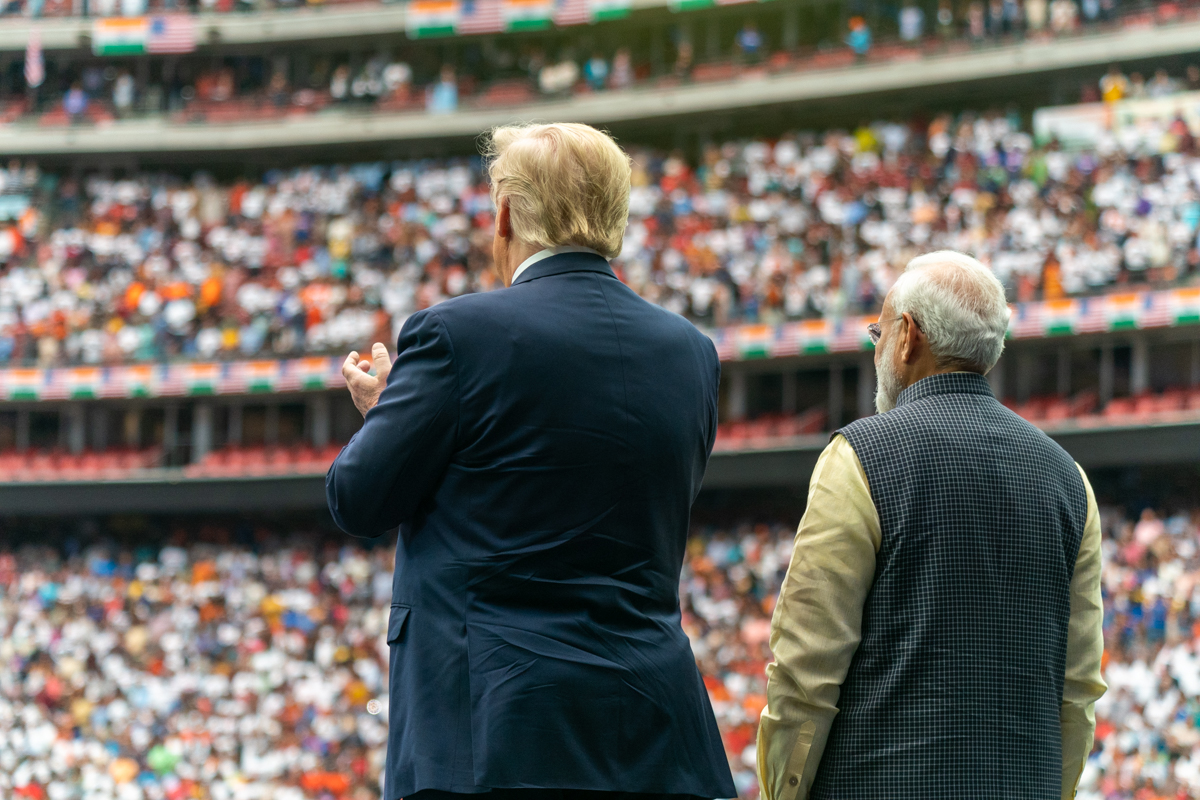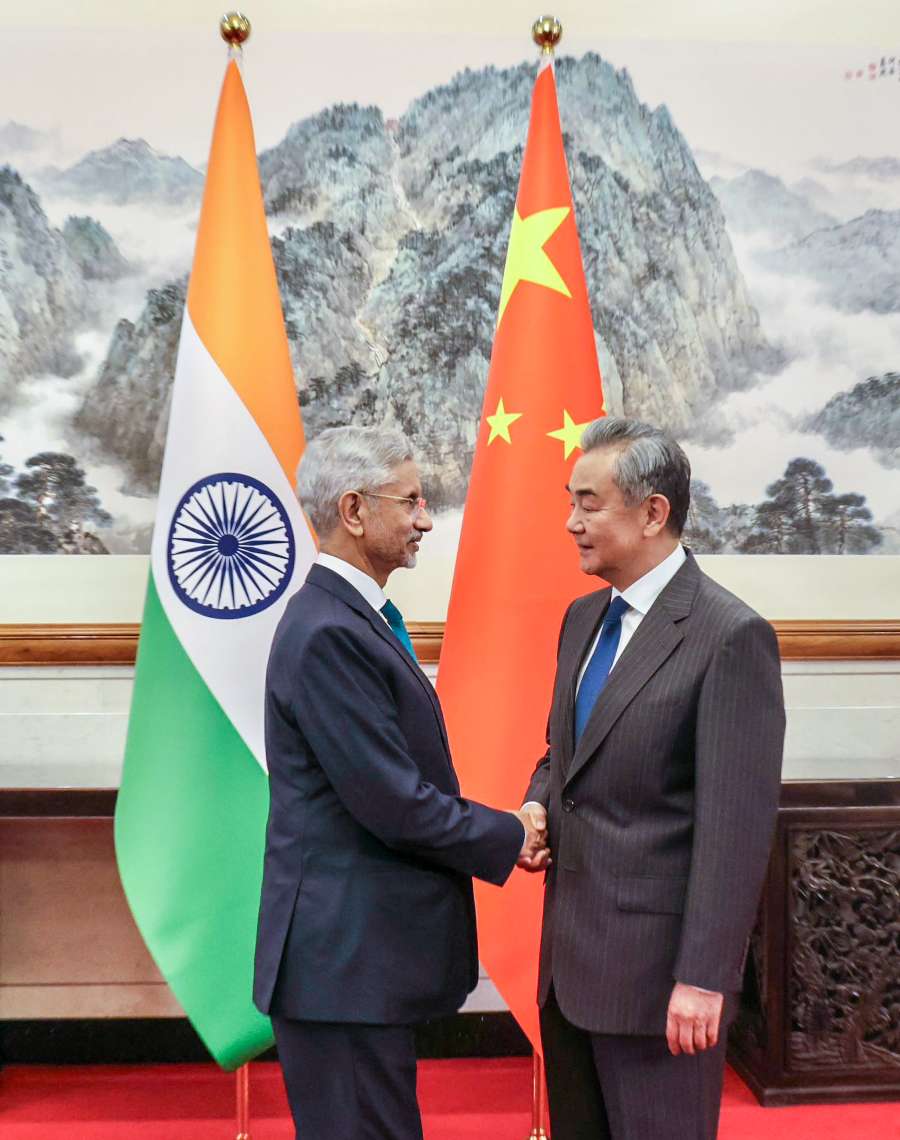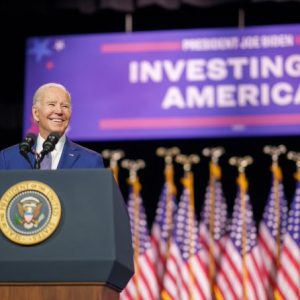US and Pakistan vow stronger counterterrorism cooperation targeting BLA, ISIS-K, and TTP, while expanding economic ties in critical minerals, hydrocarbons, and trade amid evolving regional security and political tensions….reports Asian Lite News
The United States and Pakistan have reaffirmed their joint commitment to combating terrorism in all its forms during the latest round of the US–Pakistan Counterterrorism Dialogue, held in Islamabad on Tuesday.
The meeting, co-chaired by Pakistan’s Special Secretary for the United Nations Nabeel Munir and the US State Department’s Acting Coordinator for Counterterrorism Gregory D. LoGerfo, brought both sides together to assess evolving security threats and deepen counterterrorism cooperation. According to a joint statement released by both governments, the discussions addressed key threats posed by the Balochistan Liberation Army (BLA), ISIS–Khorasan, and Tehreek-e-Taliban Pakistan (TTP).
Washington commended Islamabad for its continued success in containing terrorist networks that pose a danger to regional and global security. The US delegation expressed condolences over the loss of civilians and security personnel in recent attacks, including the deadly Jaffar Express bombing and the targeted assault on a school bus in Khuzdar, both of which underscored the ongoing threat environment in Pakistan.
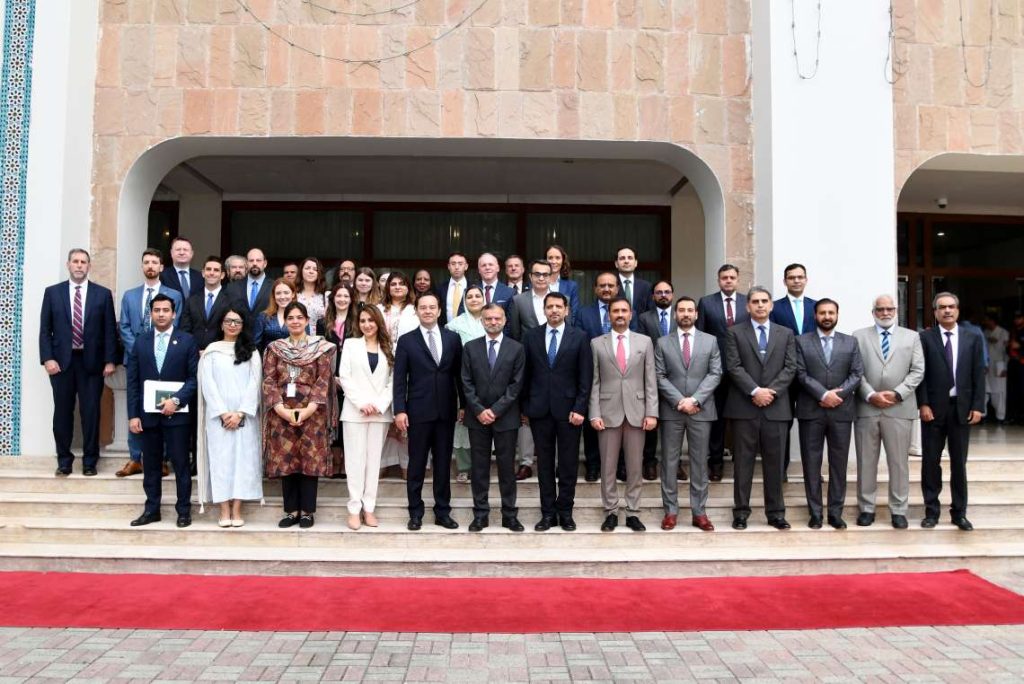
The joint statement noted that both sides emphasised building stronger institutional frameworks and developing capabilities to counter emerging challenges, including the misuse of advanced technologies by terrorist groups. This commitment includes deeper intelligence sharing, technical cooperation, and training programmes aimed at improving rapid response to terror incidents.
The two nations also pledged to coordinate closely in multilateral forums, especially the United Nations, to promote enduring counterterrorism measures. Stressing the long-standing US–Pakistan relationship, the statement said that “sustained and structured engagement” remains vital to countering terrorism while fostering peace and stability across South Asia.
US diplomat Tammy Bruce underscored that Washington’s relationships with both Pakistan and India “remain unchanged,” adding that cooperation with both nations is essential for long-term regional stability. Her remarks came against the backdrop of controversial comments by Pakistan’s Army Chief, General Asim Munir, in Florida, where he reportedly said Pakistan could use nuclear weapons against India in the event of an existential threat.
Alongside security talks, Washington signalled a renewed focus on strengthening economic ties with Pakistan. In a congratulatory Independence Day message, US Secretary of State Marco Rubio expressed optimism about expanding cooperation in critical minerals, hydrocarbons, and other emerging sectors. “The United States deeply appreciates Pakistan’s engagement on counterterrorism and trade,” Rubio said.
He highlighted potential new business partnerships that could benefit both countries and indicated an eagerness to foster a “prosperous future for Americans and Pakistanis.”
This outreach aligns with a broader shift in US economic strategy toward Pakistan. In July, former US President Donald Trump announced a joint initiative to develop Pakistan’s oil reserves, suggesting that one day Pakistan might even sell oil to India. Trump’s administration also rolled out new tariff plans, giving Pakistan the lowest rates in South Asia—19%—while imposing far higher rates on India, eventually raising Indian tariffs to 50% over disputes involving oil imports from Russia.
General Asim Munir’s recent trip to the US marked his second in under two months, reflecting intensified military and diplomatic engagement between the two nations. His visit followed a private luncheon with Trump in June, during which he reportedly recommended Trump for a Nobel Peace Prize.
The renewed dialogue and economic overtures come amid an increasingly complex geopolitical backdrop, where Washington seeks to balance ties between Pakistan and India while managing regional flashpoints.


